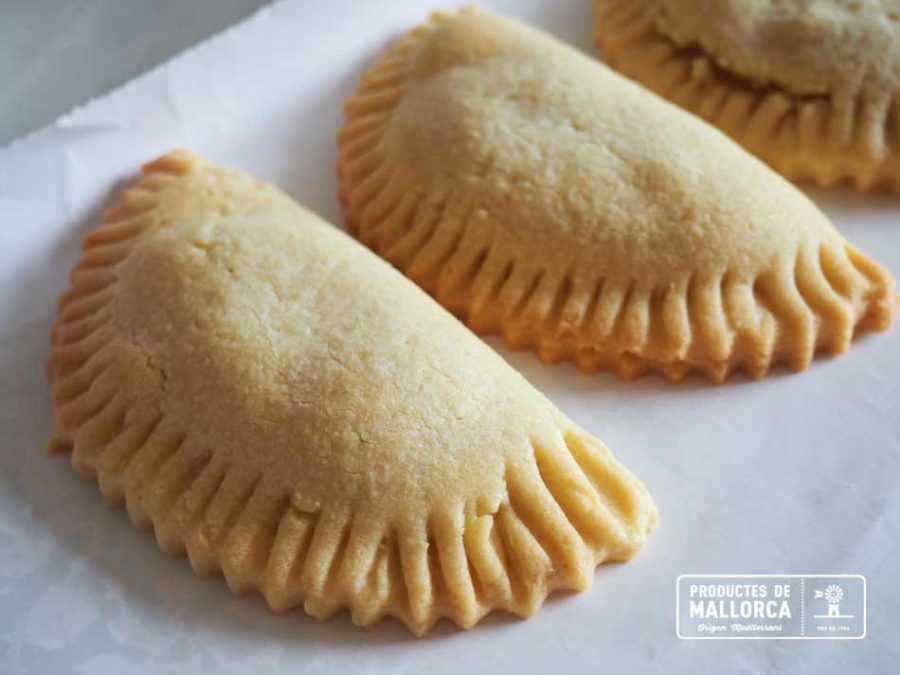
How to make robiols
When I was a child, Holy Week was highly anticipated, because it meant a few days of not having to go to school and being able to enjoy being at home. Family meals were common, and one of the most special moments for the little ones was the arrival at the table of the tray of crespells and robiols. Before, my mother had to hide them because otherwise they might have mysteriously disappeared… For my part, whenever I had the opportunity, I helped in the kitchen to participate in its preparation. Today I will teach you how to make robiols.
Origin of the robiols
There are several theories about this, but it is quite possible that the robiols originated in Italy. It seems that in the Italian Renaissance courts a type of cheese was in fashion, the robiola, and the similarity of the two words is evident. It should not be forgotten that robiols are made filled with fresh cheese (brossat), although they can also be filled with jam or angel hair.
In addition, the shape of the robiol is very similar to that of ravioli, so it seems logical to think that the original word evolved over time and became more Mallorcan.
Nowadays, they are called both rubiols and robiols, but either way, they become a kind of “patty” and are made both sweet and salty. Usually they are baked but sometimes they are fried in very hot oil.
In Mallorca, robiols and crespells are eaten all year round, but it is at Easter, specifically on Easter, when they are usually eaten as a dessert after fried lamb and empanadas.
I explain an old robiols recipe and challenge you to try it.
How to make robiols – recipe
Ingredients for the dough:
1 kg of flour
300g lard
3 egg yolks
300g sugar
a glass of orange juice
half a cup of soft oolive oil
a pinch of bicarbonate
Lemon grating
Filling ingredients:
Choose between:
Confectioner’s cream
Jam
Cottage cheese
Cocoa cream
Pumpkin jam
Preparation:
In a sufficiently large container, mix the lard and the egg yolks with the help of a fork until a homogeneous mixture is obtained.
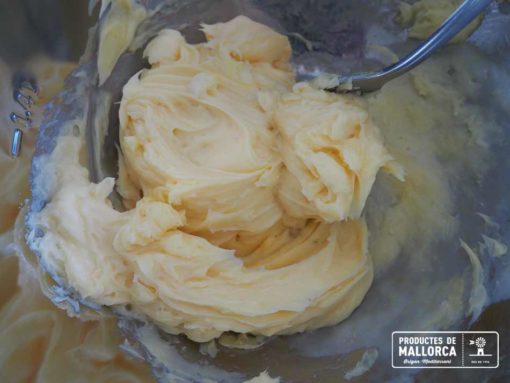
Then add the sugar little by little, and continue beating until it is completely integrated.
Then pour the orange juice over the mixture and amalgamate the dough again, which acquires a smooth consistency.
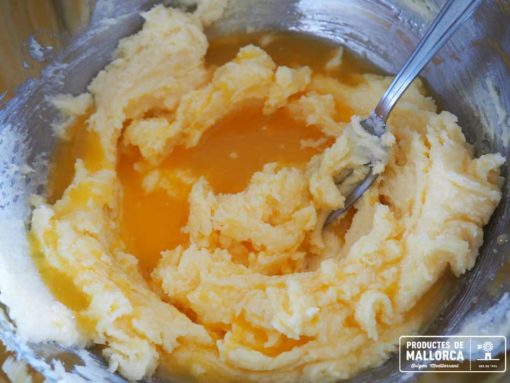
Add the oil and beat again until it is integrated, then add the grated lemon rind (freshly grated, better at the moment), a pinch of bicarbonate, and beat again.
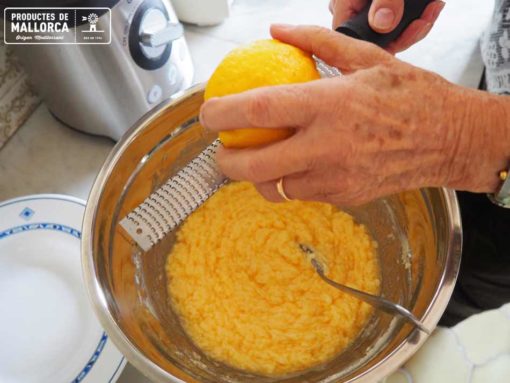
Gradually add the flour passed through a sieve so that it does not make lumps, and beat it so that there is always an even dough. In the end the dough must not stick.
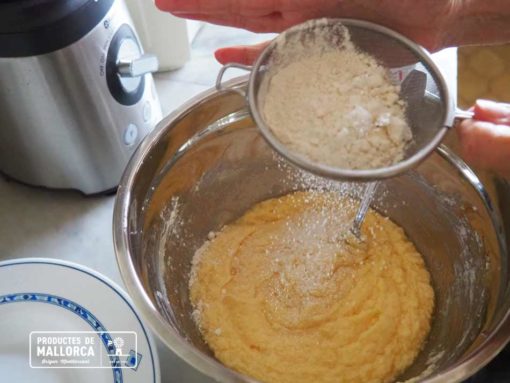
Knead vigorously and divide into ball-shaped portions. With the help of a roller you must flatten them out by making discs about 15 cm in diameter, until they are about 3 or 4 millimetres thick. If you flatten them on a marble surface, be sure to flour the surface first so that it doesn’t stick.
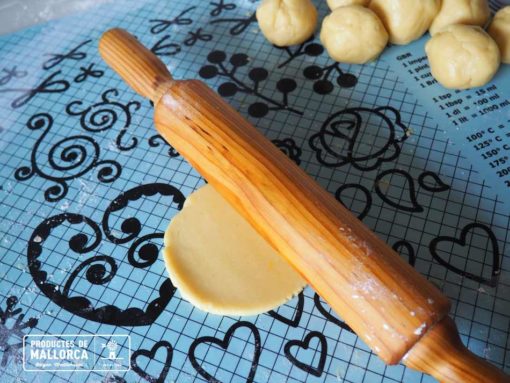
We have the dough ready, we move on to the stuffing
Add a spoonful of filling in the center and then close the robiol (folding it over itself so that it is shaped like a bulging half-moon). This operation can be complicated the first time, as the dough breaks and cracks easily.
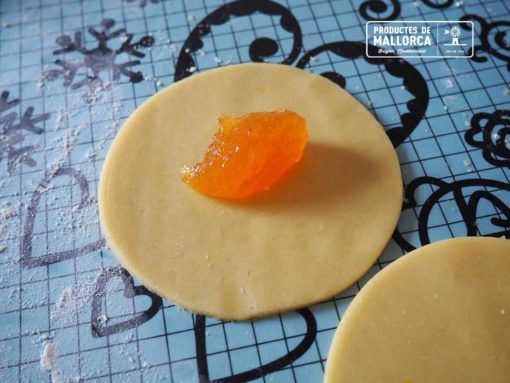
To facilitate the work, there is the trick of doing it on a sheet of baking paper or similar, which will allow you to make the shape of the robiol easily by taking the baking sheet by the top and dragging the dough over itself making the half moon and leaving the filling inside.
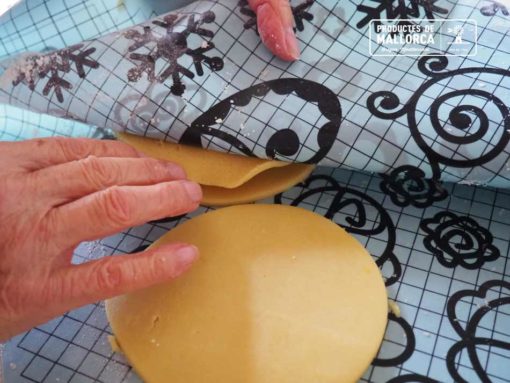
Remove the baking paper, or plastic surface, from the top and with the help of a robiol mold cut off the excess dough. You’ll get the traditional cut.
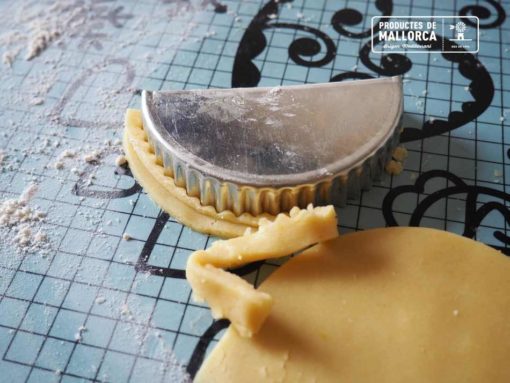
Seal the edge of the robiol so that the filling does not come out. Help yourself from the tips of a fork or from your own fingers by pressing the edge.
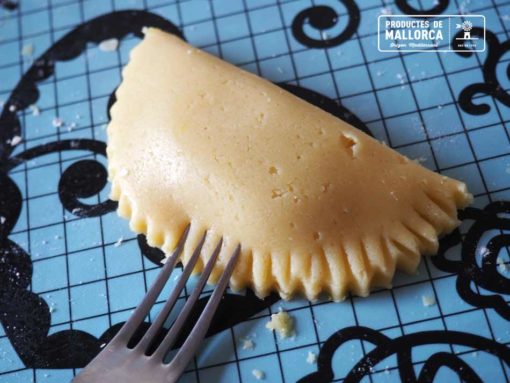
Place the robiols on a baking tin previously slightly smeared with oil or lard.
Bake in a hot oven at 170°C for 20 minutes (as always, be careful not to burn them, each oven has its own secret).
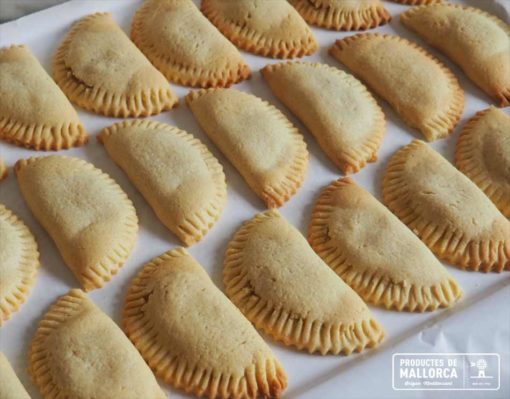
Sprinkle glaçe sugar on top and… enjoy your dessert.
We’ve made a frame to make it more entertaining. You can see it below:
And for those with a sweet tooth, here is a link to our post on how to make crespells: How to make crespells
